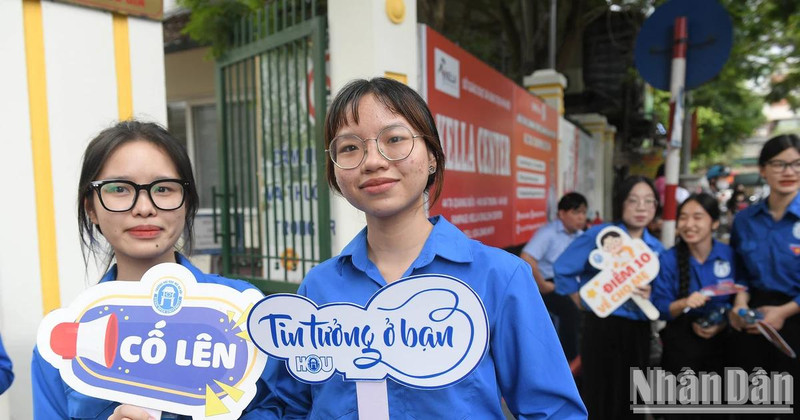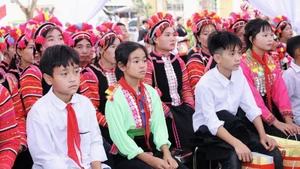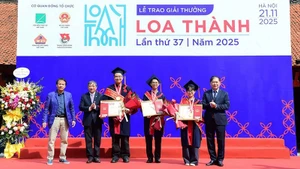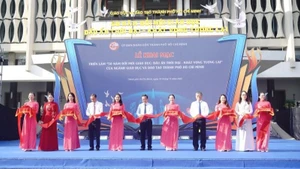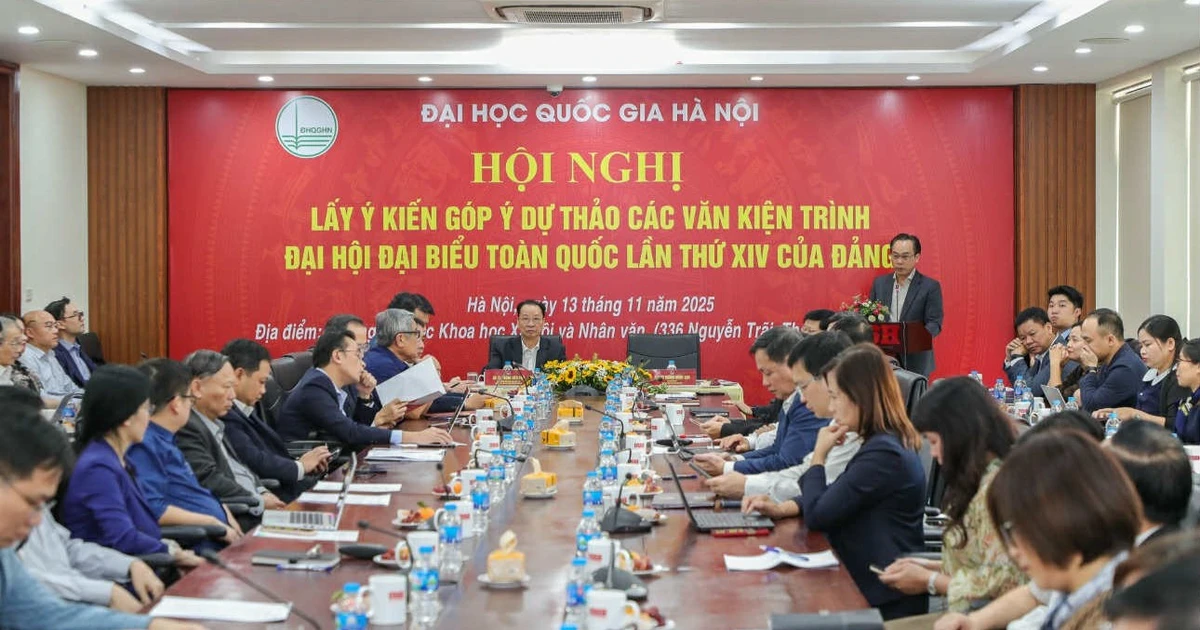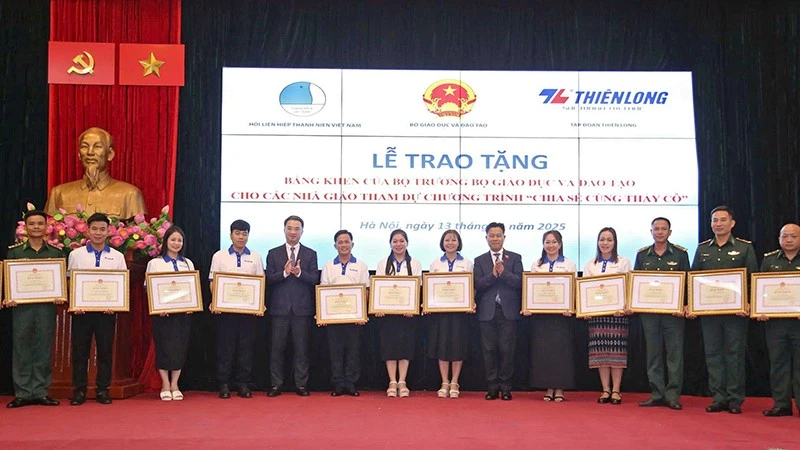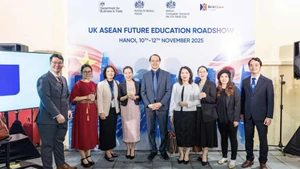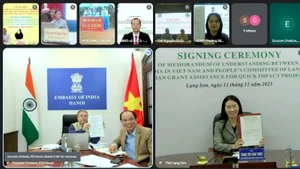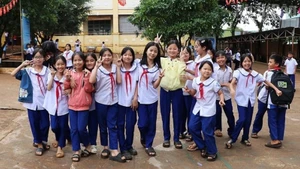Most recently, on May 27 (local time), the US Government instructed its embassies and consulates worldwide to temporarily halt scheduling new interviews for student visa applicants.
Earlier, on 22 May, the Trump administration issued a shocking policy decision to revoke scores of student visas and attempt to stop foreign students from studying at Harvard University, one of the most prestigious universities in the world.
This policy has caused deep concern among thousands of international students studying at Harvard in general, and within the Vietnamese student community in particular, especially among those who have long dreamed of studying in the US.
The temporary suspension of student visas (F-1) for international students has sparked fears that the doors to American universities may be closing.
Pham Quy Thai, a representative of Duc Anh Study Abroad Consultancy (Hai Ba Trung District, Ha Noi), said as soon as she received the news, she wondered, “If such a prestigious institution like Harvard is affected, are other schools still safe?’”
N.M.A, a 12th-grade student in Ha Noi, shared, “I’ve spent more than two years preparing my application to US universities, but now I’m very worried about my chances of getting a visa. Unexpected policy changes could potentially cancel my plans.”
This policy, coupled with a precedent of increasing H-1B visa denial rates (from 3% to 12%), has heightened concerns about the stability of the US immigration system. Many Vietnamese students fear that even if they are accepted to a university, they may struggle to enter or maintain legal status in the US.
Studying in the US is already expensive, with estimated annual costs ranging from 30,000 to 60,000 USD, excluding living expenses. Under the new policy, Vietnamese students face high risks regarding their substantial investment if their visas are cancelled or not renewed. This is forcing many families to reconsider whether to continue pursuing the American dream or to shift their focus to other countries.
In this situation, several education consultancies said they are continuously updating students and parents with accurate and timely information on new policies. These agencies remain closely connected with schools and students to offer prompt support when policies change.
“We continue to follow the principle of working with reputable institutions that maintain transparent and clear policies. On that basis, we provide flexible study plans and roadmaps that give students multiple options,” said a representative of an education consultancy in Ha Noi.
Given the current context, students planning to study in the US should not only expand their list of schools but also consider broadening their list of potential study destinations.
“For students preparing applications to top schools, if they truly have strong academic capabilities, they may want to reconsider their choices. The US education system is vast, and beyond elite universities like Harvard, there are many other top-tier institutions such as MIT, Stanford, and other Ivy League schools. However, under current circumstances, students should not only widen their list of universities but also consider adding other countries to their list of study destinations,” an education consultancy recommended.
A representative of Duc Anh Study Abroad Consultancy stated that, for now, the company will continue to assist students who remain determined to pursue their US study plans with regular application submissions. However, the agency also encourages students to prepare alternative options simultaneously.
Pham Thai Quy noted that while the US remains an attractive destination, even students passionate about studying in the US must begin considering countries with strong education systems and more stable immigration policies, such as Canada or Australia. “If students still hold onto the dream of studying in the US, they must be prepared to wait and stay updated with information,” she said.
The policy to suspend new F-1 visa interview appointments may force many Vietnamese students to seek alternative destinations such as Canada, Australia, the UK, or Singapore. However, not everyone is ready to change their plans. L.T.H, a student in Ha Noi, shared: “I’ve prepared everything for the US, from SAT scores to recommendation letters. If I switch to another country, I’ll have to start over completely. It would take a lot of time and effort.”
Studying abroad is a long journey. In any context, study abroad consultancies always advise students and parents to take a proactive approach, plan early, and make choices that align with their capabilities, interests, financial situation, and family conditions. Another crucial factor is to continuously monitor political developments, visa and immigration policies, and the labour markets of potential destination countries.
